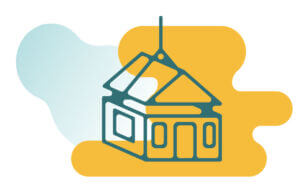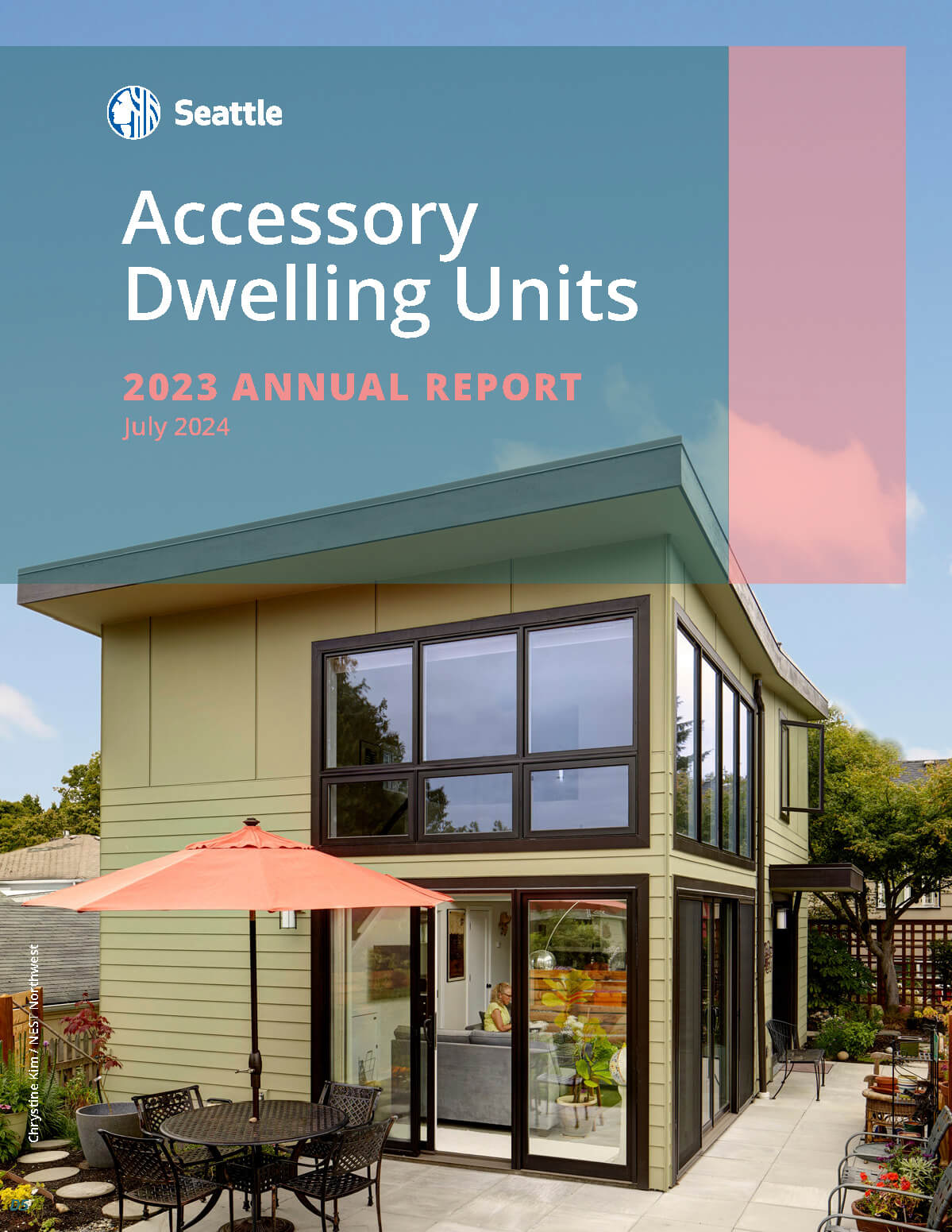Seattle’s ADU permits outpacing single family permits
July 22, 2024
Seattle issued 987 permits for Accessory Dwelling Units (ADUs) in 2023, twice the volume in 2020 when the city issued 482 ADU permits. Officials point to an easing of regulations in 2019 as a key factor, according to a newly released ADU progress report.
The report, issued in mid-July as part of a Land Use Committee briefing, included data are on how ADUs are used, evolving regulations, recent legislation at the state, county and city levels, development trends, geographic distribution of ADUs, and future considerations.
In breaking down how ADUs are used, city staff reported that a growing number of new ADUs are condominiums. In 2022, this segment accounted for 44% of new ADUs. The report also broke down long-term rentals versus short-term rentals.
About one-third of owners rent their ADUs for long-term, with one in eight made available to friends or family for free. About 10% of ADUs are licensed for short-term rentals, with around 15% of these in the city.
 Seattle has allowed ADUs since the mid-1990s. In 2019, rules were reformed with the introduction of preapproved plans. The following year, the city launched ADUniverse, a central resource for planning an ADU in Seattle.
Seattle has allowed ADUs since the mid-1990s. In 2019, rules were reformed with the introduction of preapproved plans. The following year, the city launched ADUniverse, a central resource for planning an ADU in Seattle.
New state laws enacted during the 2023–2024 legislative session promoted ADUs (along with middle housing development). King County also called for further incorporating ADUs in Countywide Planning Policies. The city, via its One Seattle Plan, allowed 4–6 units on all residential lots.
Looking at development trends, planners found 47% of ADUs are permitted with two units on site. Last year about 13% (67) of permitted pre-approved plans were for Detached Accessory Dwelling Units (DADUs). Pre-approved DADU plans will be updated to meet new building codes.
The vast majority of Seattle’s ADUs (87%) are in Neighborhood Residential zones.

